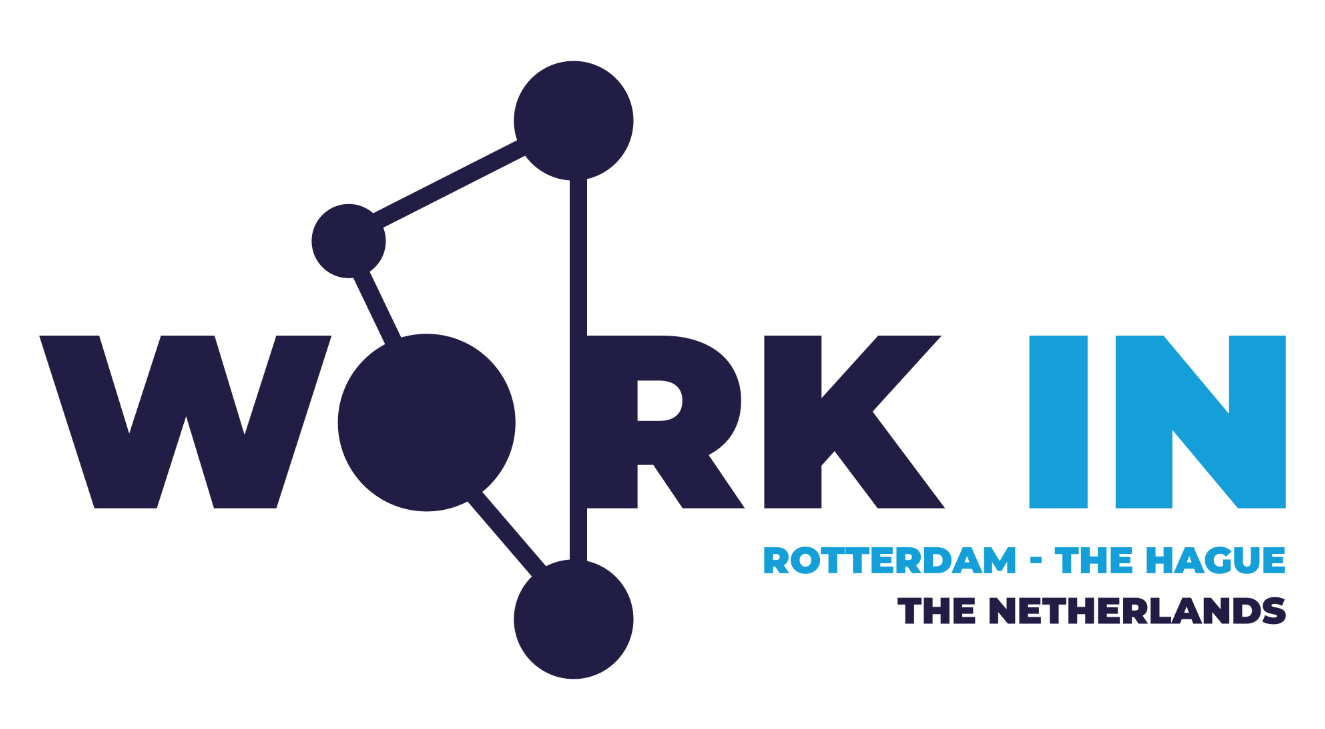Investigator, Gender-Based Crimes and/or Children expertise (P-3)

International Criminal Court
| Posting Date: | 25/10/2024 | |
| Deadline for Applications: | 04/11/2024 (midnight The Hague time) | |
| Organizational Unit: | Gender and Children’s Unit (GCU), for deployment to Unified Teams, Office of the Prosecutor | |
| Duty Station: | The Hague - NL | |
| Type of Appointment: | Short Term Appointment | |
| Minimum Net Annual Salary: | €91,368.00 | |
| Contract Duration: | to be determined |
Special Notice:
Several positions may be available as a result of this recruitment.
A Short-Term Appointment is used to recruit staff to meet short-term needs. The duration of this assignment is provided above. The maximum duration of a short-term appointment including extensions shall not exceed 12 months.
A Short-Term Appointment does not carry any expectancy, legal or otherwise, of renewal and shall not be converted to any other type of appointment.
Due to the short-term nature of the assignment, the ICC reserves the right to make an appointment at one grade lower than that stated in the vacancy with a modified job description.
A current ICC staff member who is holding a fixed-term appointment may apply for any short-term position. Where a current ICC staff member is selected to a short-term position, he or she will be temporarily assigned to the position in line with section 4.10 of ICC/AI/2016/001. GS-level posts are subject to local recruitment only.
The terms and conditions of service for staff members appointed under a short-term appointment are governed by ICC/AI/2016/001.
Organisational Context
The Office of the Prosecutor (“OTP”) is an independent organ of the International Criminal Court (“ICC”). It is responsible for examining situations under the jurisdiction of the Court where genocide, crimes against humanity and war crimes appear to have been committed, and carrying out investigations and prosecutions against the individuals who are allegedly most responsible for those crimes.
The Gender and Children Unit sits within the Office of the Prosecutor (OTP) and consists of core staff, seconded colleagues, and a small number of interns. The Unit focuses on gender-based crimes and crimes against and affecting children, providing technical support to all OTP teams and building their capacity with respect to these thematic areas. It contributes to preliminary examinations, investigations and prosecutions of these crimes and supports the development and implementation of relevant policies, protocols, guidelines, and practice tools. The Unit’s capacity-building efforts include the facilitation of staff trainings, coordination of an internal focal point network across Unified Teams, and support to OTP colleagues utilizing relevant practice tools. Finally, GCU supports the development of key relationships with relevant external actors (e.g., UN entities, international and local NGOs) to enable cross-pollination of best practices and knowledge sharing.
Investigators will be deployed from GCU to an Unified Team, comprised of investigators, analysts and lawyers. Such teams are led by a representative of the Prosecutor and have the responsibility of investigating and prosecuting the crimes committed in the context of a situation under investigation. Within the Unified Teams, investigators are responsible for objectively and independently collecting evidence and performing other investigative activities to further the investigation and establish the truth, while ensuring proper witness and information management.
Duties and Responsibilities
Under the overall management of the Deputy Prosecutor and the Head of the Unified Team, and the direct supervision of the investigation Team Leader, the Investigator is expected to:
- Collect, screen and handle information and evidence in accordance with standard operating procedures;
- Lead sensitive and complex interviews, including those requiring specialist skills and considerable experience in working with survivors of gender-based crimes and/or crimes against or affecting children;
- Undertake the review and analysis of gathered materials and actively contribute to evidence review and the disclosure process;
- Advise the Investigation Team Leader on investigation procedures and techniques to be used, including with respect to trauma-informed approaches to children and/or survivors of gender-based crimes;
- Participate in the preparation and timely review of investigation plans;
- Manage contacts with external persons including victims, witnesses and intermediaries;
- Plan, participate and lead field missions;
- Take responsibility for the development of leads and avenues of investigation;
- Support the Team Leader in ensuring quality control, timely execution of tasks and full compliance with established practices in one or more core functions of the team;
- Provide expert advice on how to use existing international and other networks to further the investigations;
- Give, pursuant to the instructions of the Team Leader, operational lead to other members of the Investigation team, mentor junior staff and support the induction of new staff members;
- Testify before the Chambers, if and when required;
- Serve as a liaison between the Unified Team and the Gender and Children’s Unit, to ensure optimal GCU support and cohesive implementation of relevant OTP Policies;
- Participate in GCU-sponsored trainings and specialist meetings, as appropriate;
- Perform other duties as required.
Essential Qualifications
Education:
Advanced university degree preferably in Law or Criminology, is required. A first-level university degree in combination with two additional years of qualifying experience is accepted in lieu of the advanced university degree.
A diploma in criminal investigation from a law enforcement academy and/or relevant training in crime investigation techniques, combined with 11 years of relevant experience may be considered in lieu of a university degree.
Experience:
A minimum of 5 years (7 years with a first level university degree) of professional experience in criminal investigations in the context of law enforcement, judicial proceedings, NGOs, or international accountability mechanisms, with a special focus on complex, large-scale cases, is required.
Specific training and demonstrated expertise in working with children and/or survivors of gender-based crimes is required. Specific experience conducting forensic interviews with children would be a significant asset.
Knowledge, skills and abilities:
- Expert knowledge of investigation techniques and procedures;
- Significant experience conducting investigative interviews of victims, witnesses and suspects, including related to gender-based crimes and/or crimes against or affecting children;
- Strong understanding of and experience applying trauma-informed approaches to investigations;
- Experience in operating in high-risk environments, following strong security protocols;
- Experience in conducting open-source research and online investigations;
- Knowledge of the requirements of international criminal law concerning the elements of crimes and modes of liability;
- Excellent ability to organize complex and voluminous amounts of information and evidence;
- Excellent research, analytical and problem-solving skills, including familiarity with analysis techniques.
- Excellent ability to communicate effectively with police, NGOs, journalists or other relevant partners and networks;
- Excellent ability to contribute to the development and delivery of trainings focused on the investigation of gender-based crimes and/or crimes against or affecting children;
- Ability to comply with high level confidentiality requirements;
- Ability to work and travel under stressful conditions;
- Ability to demonstrate a high degree of flexibility and adaptability;
- Ability to work effectively in a multi-cultural and multi-disciplinary environment;
- Ability to work in a non-discriminatory manner, with respect for diversity;
- Demonstrated ability to work with witnesses and colleagues in a culturally-competent, respectful manner;
- Commitment to contributing to a healthy workplace environment;
- High professional and personal integrity standards.
Knowledge of languages:
Proficiency in one of the working languages of the Court, English or French, is required. Fluency in the other is considered a strong asset. Proficiency in Arabic is considered an asset. Knowledge of another official language of the Court (Chinese, Russian and Spanish) is considered an asset.
NOTE:
Successful applicant(s) will be required to demonstrate flexibility and adaptability. ICC investigators will be required to undertake repeated and sometimes lengthy deployments to conflict or post-conflict environments, while they can also expect to spend extensive time periods working at the Duty Station, all dependent on the nature and phase of the investigation.
Individuals with professional experience in any of the situations under investigation are highly encouraged to apply.
ICC Leadership Competencies
Purpose
Collaboration
People
Results
ICC Core Competencies
Dedication to the mission and values
Professionalism
Teamwork
Learning and developing
Handling uncertain situations
Interaction
Realising objectives
Learn more about ICC leadership and core competencies.
General Information
- In accordance with the Rome Statute, the ICC is committed to achieving geographical representation and gender equality within its staff as well as representation of the principal legal systems of the world (legal positions). Nationals from the list of non-represented and under-represented States are strongly encouraged to apply. In addition, applications from women are strongly encouraged for senior positions at the Professional (P) and Director (D) levels. Posts shall be filled preferably by a national of a State Party to the ICC Statute, or of a State which has signed and is engaged in the ratification process or which is engaged in the accession process, but nationals from non-state parties may also be considered, as appropriate.
- The selected candidate will be subject to a Personnel Security Clearance (PSC) process in accordance with the ICC policy. The PSC process will include but is not limited to, verification of the information provided in the personal history form and a criminal record check. All candidates should be in a positon to submit electronic copy of their passport and all diplomas listed on their profile when requested;
- Applicants may check the status of vacancies on ICC E-Recruitment web-site;
- Personnel recruited at the General Service level are not entitled to all of the benefits granted to internationally-recruited staff;
- The ICC reserves the right to not make any appointment to the vacancy, to make an appointment at a lower grade, or to make an appointment with a modified job description.

